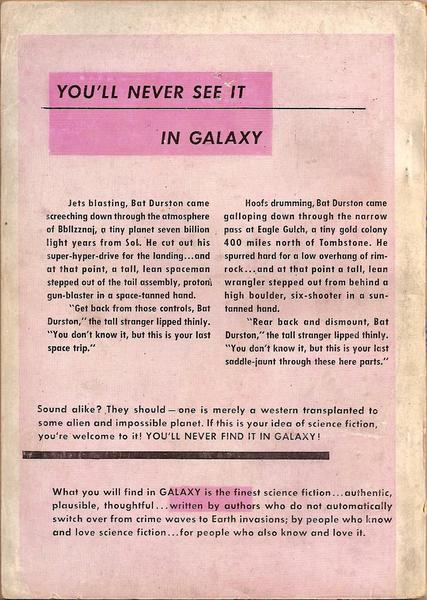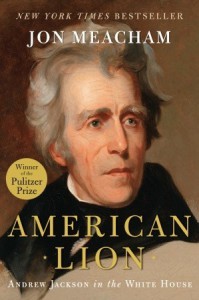Reading Idea: The Horse in the City: Living Machines in the Nineteenth Century
$29 in paperback
Tyler Cowen references an interesting sounding book, in his Equine Markets in Everything post.
Circa the late nineteenth century, in urban America:
Even the wastes of horses were commodified. The collection of urban manure had old, even ancient roots. Again, the process is most easily documented in New York City. Before 1878, individuals roamed the street and picked up manure. In that year the Common Council supposedly sold an exclusive license to a William Hitchcock, who sold the street sweepings to farmers for fertilizer. Street sweepings varied in quality and were worth more if from an asphalt street than if from a gravel street or a dirty alley. They were always worth less than stable manure, a purer product. The older pattern of individuals collecting street manure for urban gardens never fully went away, and as late as the first half of the twentieth century neighborhood children in the Italian American neighborhood of East Harlem did a thriving business collecting horse manure from the streets for backyard gardens in the area.
That is from Clay McShane and Joel A. Tarr, The Horse in the City: Living Machines in the Nineteenth Century, an excellent book from 2007. I am sorry it took me so long to discover this work. It has wonderful sentences such as:
Stables rarely make it into the histories of the built environment, although they constituted a substantial part of that environment.
How can you go wrong with that? There is a good economics on every page of this book.
This entry was tagged. Reading Ideas Non-Fiction History Economics

